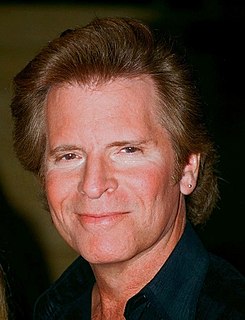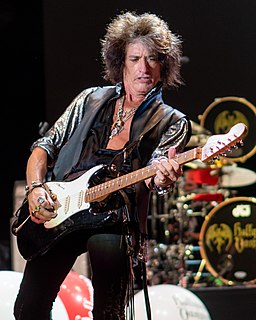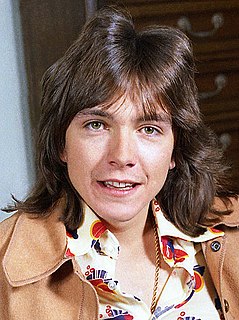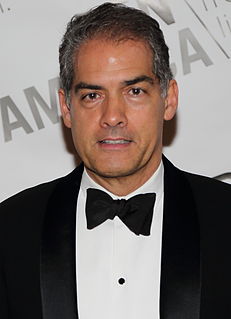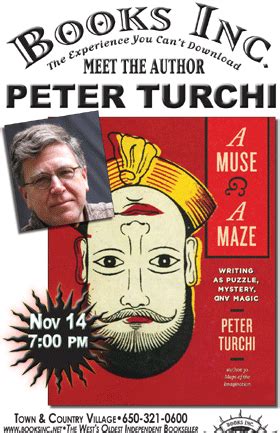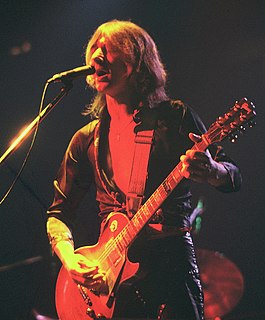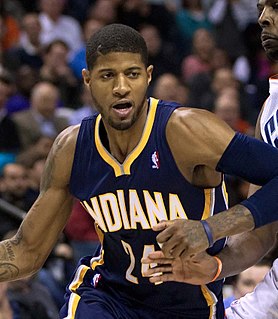A Quote by John Fogerty
In those days, I didn't know how guys like Clapton and Beck were getting that searing blues lead sound, so I developed my style to be rhythmic and chord-based, with simple lead lines that you could almost hum.
Related Quotes
When I got out of high school, I was in a blues band. It was the kind of music I was interested in, and listening to, mostly because it was becoming a vehicle for a generation of guitarists - like Jeff Beck and Eric Clapton. Mike Bloomfield. And that's what I wanted to be, principally: a guitar player.
The challenges for the writer included deciding which secrets were most important, how many secrets revealed were too many, which characters should know which information when, and how the revelations would impact the rest of the family. All of those questions eventually lead back to one: What's at the heart of this book? Where does it want to focus, or toward what does it want to lead us?
